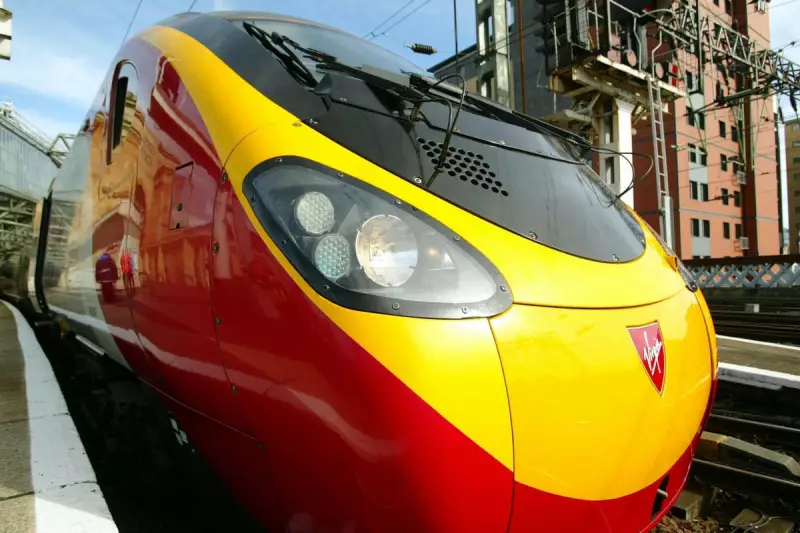
In a dramatic move that could reshape cross-Channel travel, Sir Richard Branson's Virgin Group has thrown its hat into the ring to operate services through the iconic Channel Tunnel. The billionaire entrepreneur's company is challenging Eurostar's long-standing monopoly on the crucial transport link between Britain and mainland Europe.
The Battle for the Tunnel
Virgin has confirmed it is actively pursuing opportunities to run trains through the 31-mile undersea connection, potentially offering passengers a compelling alternative to the current Eurostar service. This bold initiative comes as the company seeks to expand its transport portfolio beyond its existing UK rail operations.
"Competition is healthy and long overdue," a Virgin spokesperson stated, highlighting the potential benefits for travellers. "We believe passengers deserve choice, better value, and the famous Virgin customer experience on this vital international route."
What This Means for Travellers
The entry of Virgin into the Channel Tunnel market could bring several advantages for those travelling between London and European destinations:
- Competitive pricing as Virgin challenges Eurostar's dominant position
- Enhanced customer service with Virgin's renowned hospitality approach
- Potential for new destinations and increased frequency of services
- Innovative booking systems and passenger amenities
Overcoming Regulatory Hurdles
While the ambition is clear, Virgin faces significant regulatory challenges. The company must navigate complex international rail agreements and secure the necessary slots and infrastructure access. Current regulations governing Channel Tunnel operations were established with Eurostar as the primary operator, creating potential barriers for new entrants.
Industry analysts suggest that Virgin's proven track record in transforming transport sectors - from aviation to UK rail - positions them well to tackle these obstacles. However, the path forward remains uncertain and likely to involve extensive negotiations with multiple stakeholders.
A New Era for Cross-Channel Travel?
If successful, Virgin's entry could mark the most significant development in Channel Tunnel travel since services began in 1994. The move represents Branson's latest attempt to disrupt established transport markets, following his company's history of challenging incumbents in multiple sectors.
This development comes at a time when environmental concerns are pushing more travellers toward rail over short-haul flights, potentially creating growing demand for cross-Channel services. With climate change concerns mounting, efficient rail links between the UK and Europe have never been more important.
The transport industry will be watching closely as Virgin progresses with its ambitious plans, which could ultimately give travellers the one thing monopolies rarely provide: genuine choice.





